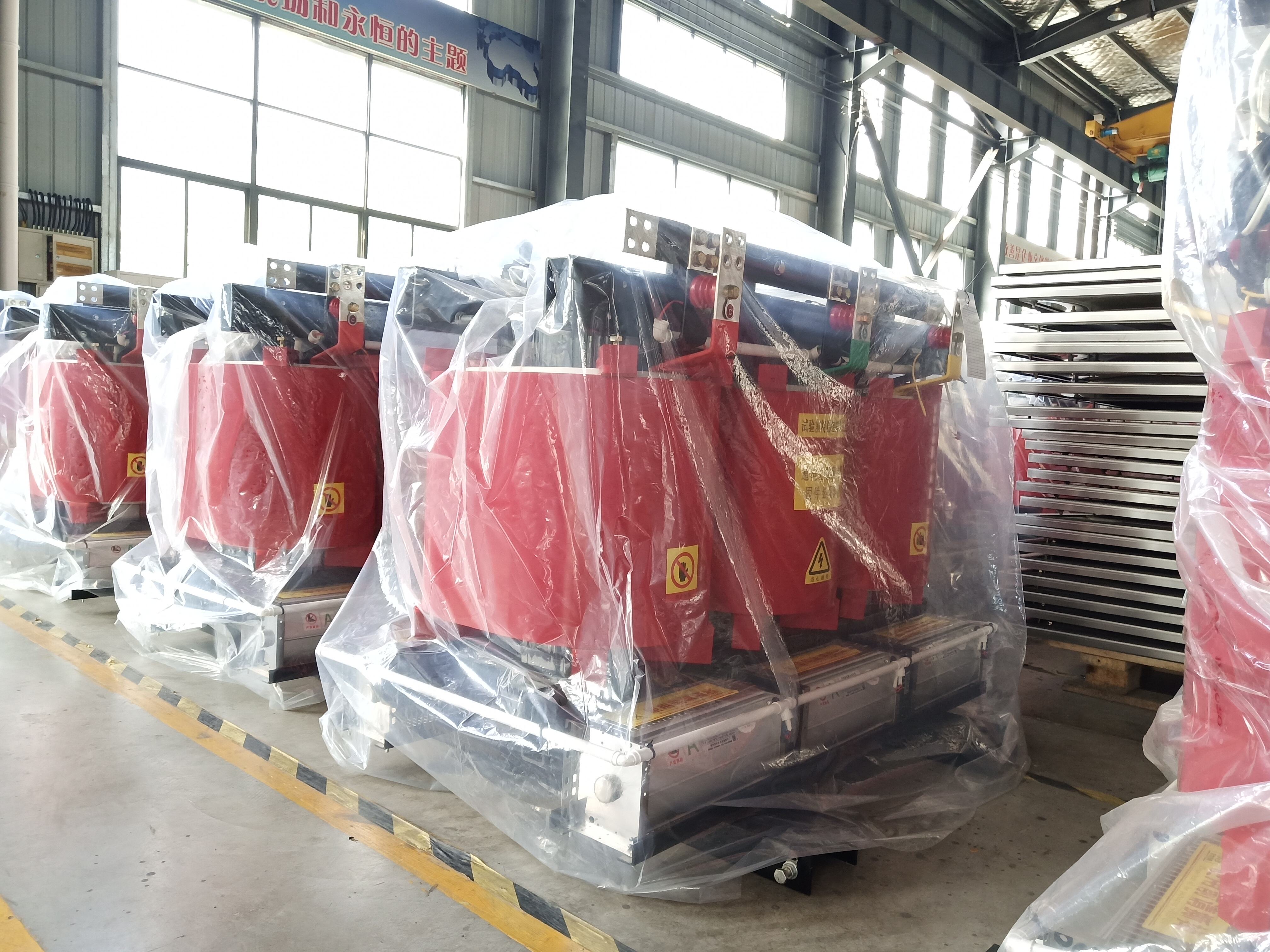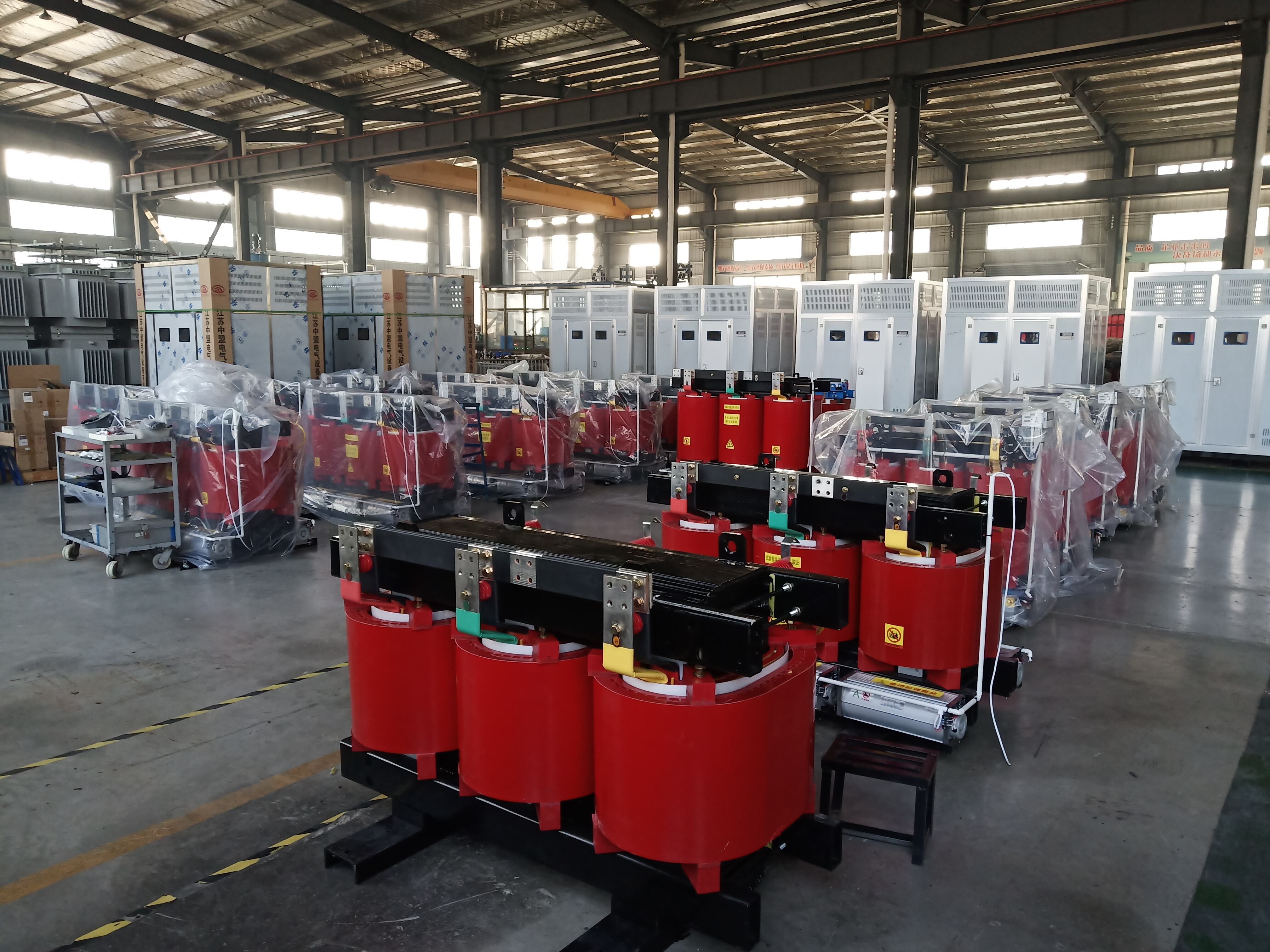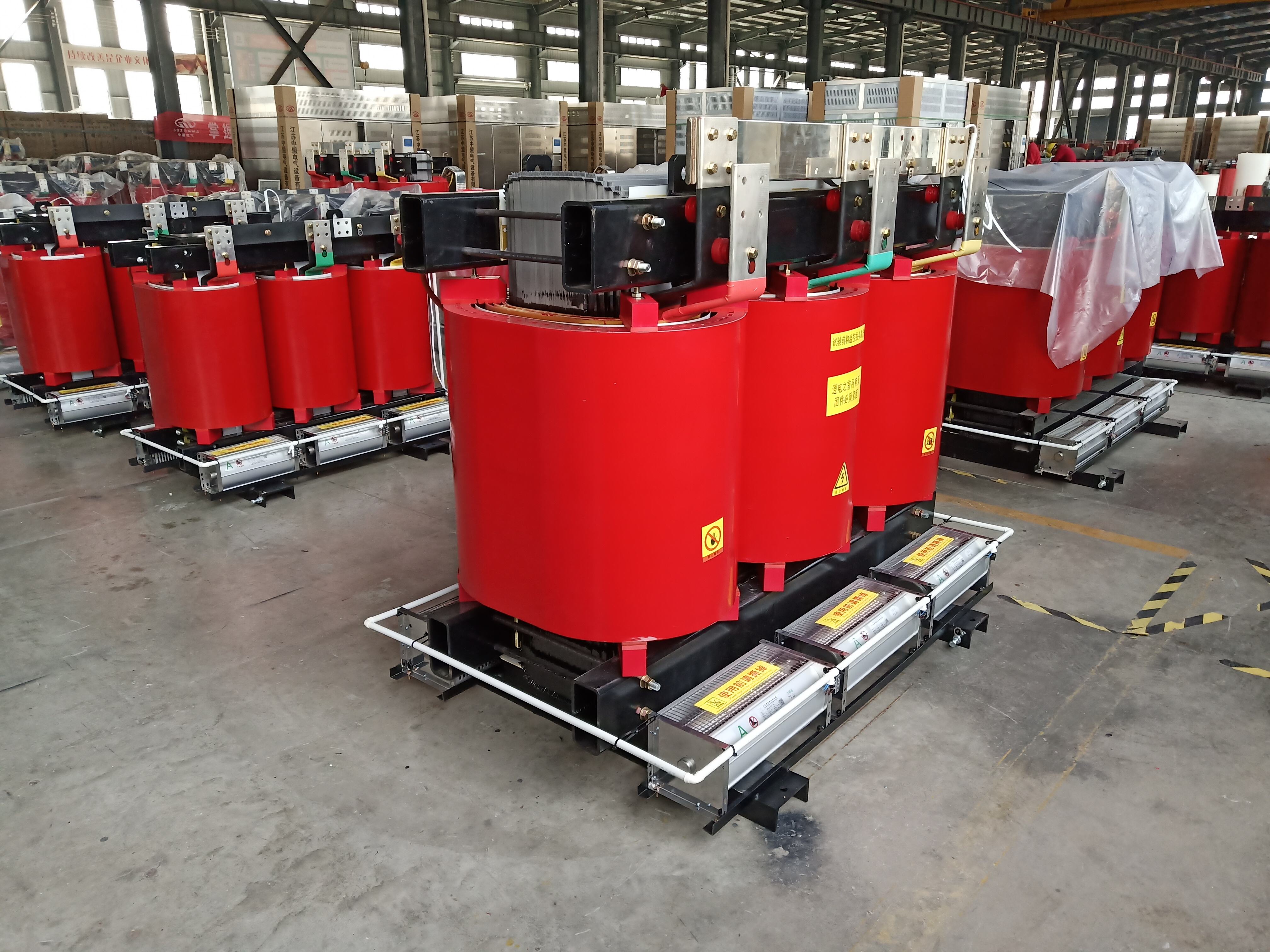oil in electric transformer
Oil in electric transformers plays a vital role in the efficient operation and longevity of power distribution systems. This specialized fluid serves three critical functions: insulation, cooling, and arc suppression. As an insulator, transformer oil prevents electrical discharges between components by creating a protective barrier. The oil's excellent thermal conductivity enables it to effectively dissipate heat generated during transformer operation, maintaining optimal operating temperatures and preventing overheating. Additionally, the oil's ability to suppress arcs helps protect the transformer from potential damage during electrical disturbances. Modern transformer oils are engineered with specific chemical properties that enhance their performance, including high dielectric strength, low viscosity, and excellent oxidation stability. These oils typically consist of highly refined mineral oil or synthetic alternatives, carefully processed to remove impurities that could compromise their insulating properties. Regular testing and maintenance of transformer oil is essential, as its condition directly impacts the transformer's reliability and lifespan. The oil's quality can be monitored through various parameters including moisture content, acidity, and dissolved gas analysis, providing valuable insights into the transformer's health and potential maintenance needs.


